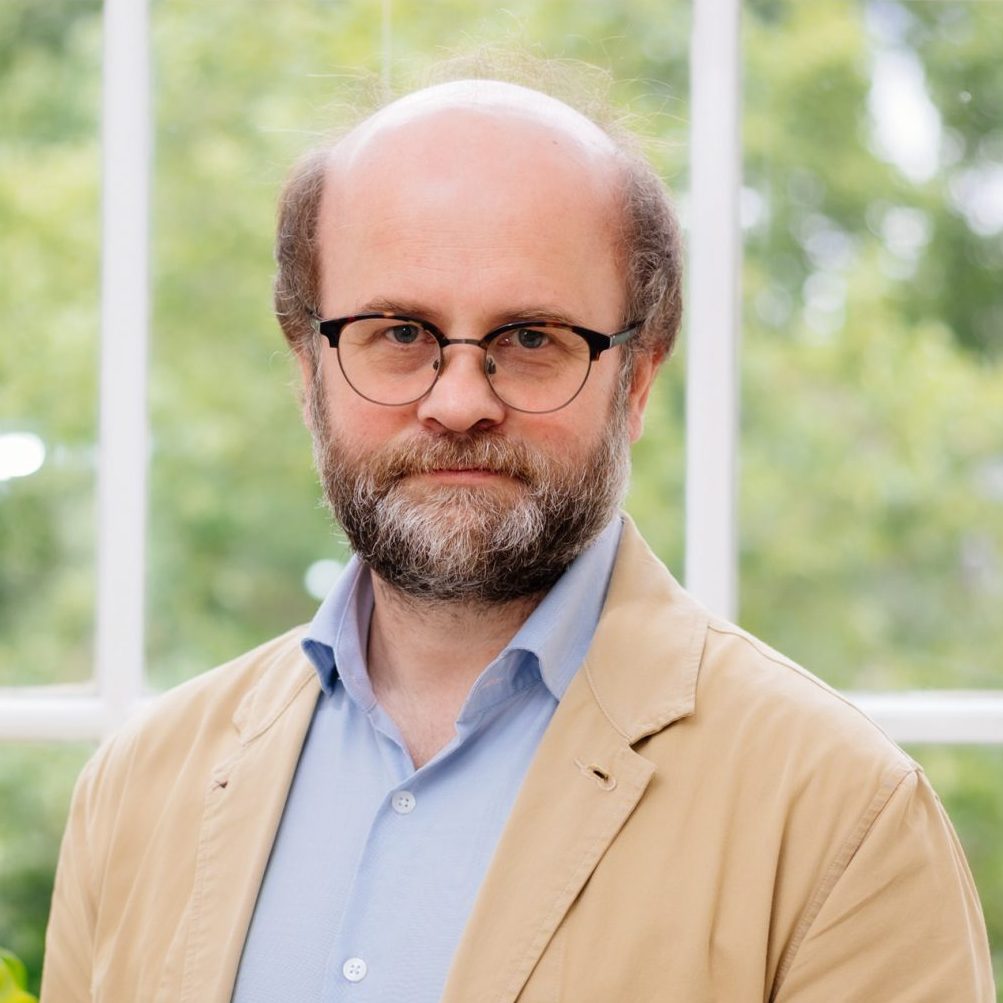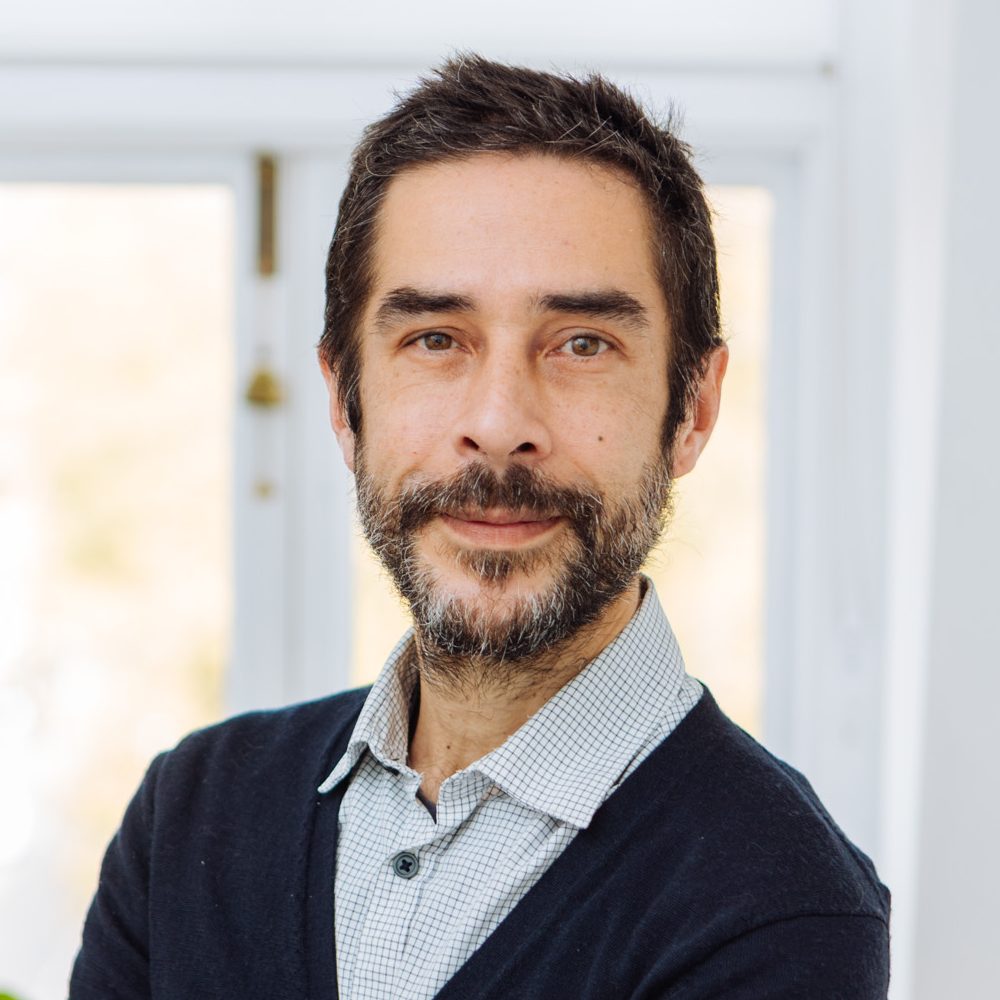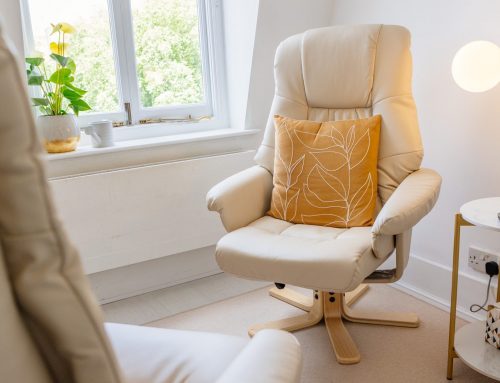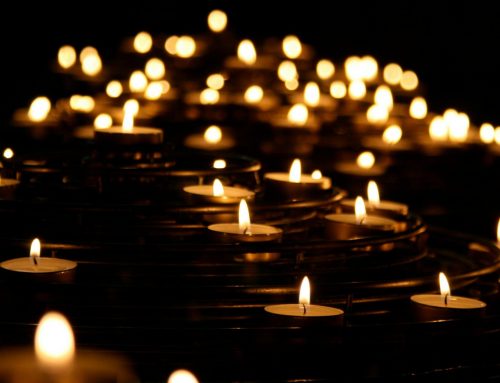Abuse in relationships is rarely straightforward. It’s not always bruises and shouting matches, it can be subtle, manipulative, and deeply psychological. While media often portrays abuse in its most violent and overt forms, the reality is far more nuanced. Abuse can be quiet. It can be disguised as care, concern, or even love. And for many, recognising it, especially while it’s happening, is incredibly difficult.
Abuse Isn’t Always Obvious
Abuse often begins with small, seemingly insignificant behaviours:
- Boundary Testing: A partner might push limits, ignore preferences, or dismiss feelings.
- Control disguised as care: They may set rules about who you can see, what you wear, or how you spend your time, under the guise of “protecting” you.
- Emotional Manipulation: Guilt-tripping, gaslighting, and isolating tactics can erode a person’s sense of self and reality.
- Escalating Incidents: What starts as a one-time “accident” or outburst can become a pattern, slowly redefining what feels normal in the relationship.
This slow progression is what makes abuse so insidious. Victims often internalise the behaviour, rationalise it, or blame themselves. The longer it continues, the harder it becomes to see the situation clearly.
It’s Never the Victim’s Fault
One of the most damaging myths about abuse is the question: “Why didn’t they just leave?” This oversimplifies a deeply complex situation. Victims may stay for many reasons:
- Fear of retaliation or escalation
- Financial dependence
- Emotional attachment or hope for change
- Lack of support or resources
- Shame or self-blame
Leaving an abusive relationship isn’t just a decision; it’s a process. And it’s one that requires safety, support, and compassion.
The Taboo: Love in an Abusive Relationship
It’s vital to understand that emotional attachments can feel all-consuming. The idea of leaving someone you care for deeply, even if they cause you immense pain, can feel like losing a part of yourself. In many abusive relationships, the victim is made to believe that this partner is the only person who will ever truly love them, flaws and all. That belief can be incredibly powerful and deeply damaging. But the truth we must gently remind people of is this: there is always someone who will love you exactly as you are… and that person should be you. Choosing to walk away from a harmful situation is an act of profound self-love, even when it feels like the most unnatural thing to do. There is immense strength in leaving. As humans, we often cling to what’s familiar, even when it hurts, because the unknown feels scarier than the pain we’ve come to expect. Your body adapts to stress and fear, it learns to survive in chaos. But survival is not the same as peace. You deserve more than just surviving. You deserve to feel safe, cherished, and free.
How We Can Support Survivors
To truly support those affected by abuse, we must shift our mindset:
- Listen without judgement: Survivors need to feel heard and believed.
- Avoid blame: Focus on the abuser’s actions, not the victim’s choices.
- Educate ourselves: Learn the signs of abuse, especially the subtle ones.
- Champion Survivors: Celebrate their strength, even if they’re still in the process of leaving.
- Share resources: Help connect them with professionals, shelters, and support networks.
Spreading Awareness Saves Lives
The more we talk about abuse in its full complexity, the more we empower people to recognise it in their own lives. Abuse thrives in silence and misunderstanding. By spreading information, challenging stigma, and offering unwavering support, we create a culture where survivors are not just safe… they are seen, heard, and valued.

Dr Ute Liersch
”If you’re ready for real change, let’s work together.”

Dr Daniel Moore
"Healing begins with the courage to explore one's inner world in a space of safety, understanding, and connection."
Dylan Peters
“My aim is to help unlock the positive potential within you”

Ayalla Harubi
"Healing is not about fixing what's 'wrong' with you, but about creating space to safely reconnect with what's been fragmented, silenced, or suppressed."
Lathi Dube
"True empowerment stems from a profound understanding of one’s inherent worth and potential"
Dr Sabrina Marin
“Your vision will become clear only when you can look into your own heart. Who looks outside, dreams; who looks inside, awakes” Carl Jung
Ounkar Kaur
"Standing alongside you with compassionate listening, whilst we explore ways for you to live a more emotionally fulfilling life"
Artemis Manias
"Healing is not about erasing the past—it's about reclaiming your strength, rewriting your story, and stepping into the life you deserve."
Marianne Lucas
"Therapy is a journey of self-discovery—where safety, understanding, and growth go hand in hand."

Magdalena Wachowska
"We explore and understand why certain matters are causing you distress to fully engage life"
Alexa Edelist
"I meet you as you are, how you are, and where you want to go"

Lina Milner
"Healing relationships, restoring intimacy, and empowering change—therapy is the bridge to deeper connection and self-discovery."

Dr Boguslaw Potoczny
"Meaningful change begins with understanding — not just of symptoms, but of the deeper patterns and relationships that shape us."
Sahar Salim
"I believe in the power of a good therapeutic relationship. Feeling heard, understood, and accepted can be the starting point for real change."
Isabel España Sala
"Guiding you to find strength, love, and peace within yourself."
Nicola Wilkins
“I offer a safe haven where vulnerability is met with compassion”
Paula John
"Together, we will uncover the hidden meanings behind your feelings and behaviours, empowering you to embrace change and growth with compassion and self-awareness."
HARVEST THERAPY
44 Russell Square,
London WC1B 4JP
United Kingdom
Phone Number:
020 8962 6247
email: info@harvest-therapy.co.uk
HARVEST SOCIAL MEDIA:

















